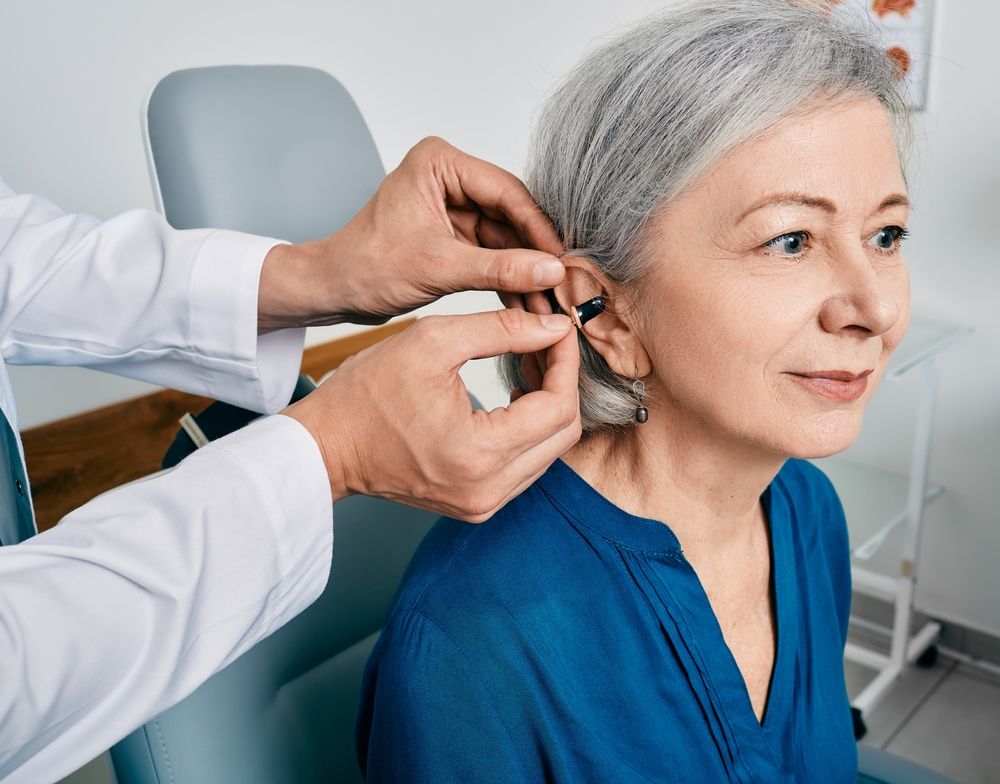
Investing in your first set of hearing aids can be a combination of anticipation and anxiety. Whether you’re eager to enjoy discussions more clearly, reconnect with friends and family, or just hear the world around you once more, it’s a big step toward greater hearing health. But similar to any new experience, it’s normal to have concerns, especially about how hearing aids will feel and how long it might take to adapt.
New users often have apprehensions about the experience. Will the hearing aid be cumbersome or uncomfortable to use? Will common noises be overwhelming at first? How long will it take to adapt to normal sounds? Most people share these worries, yet with effective guidance and some tolerance, many discover that wearing hearing aids becomes a normal and beneficial facet of their everyday activities.
As you navigate this change, it’s essential to comprehend what lies ahead and take practical steps to minimize any disruption, ensuring a smooth assimilation into your new situation.
What you can expect during the initial period of adaptation
So, are hearing aids uncomfortable? Initially, they might take some getting used to, particularly if you’re not used to having objects in your ears. Just like wearing a new pair of glasses or adjusting to a watch, it takes time for your brain and body to adjust.
There are two key areas where you’ll discover the biggest changes during the first few days or weeks of use:
Bodily feeling
You might experience a sensation of discomfort or strangeness in your ear initially. This is entirely normal. Many hearing specialists recommend easing into use, beginning with a few hours a day and gradually extending the duration.
Some slight inconvenience is tolerable, but pain is not okay. If you experience discomfort or pain from your devices, reach out to your hearing care specialist right away. They have the capability to tweak the fit or explore a different style that would be more appropriate for the shape of your ear.
Perception of sound
One of the most unexpected parts of the adjustment process is hearing daily sounds that you may not have noticed before.
Initially, everyday sounds like the fridge’s gentle thrum, chirping birds, or the creak of your own footsteps can seem unusually loud. This is because your brain is figuring out how to deal with a wider range of sounds again.
It may seem overwhelming, but your brain will gradually learn to filter out trivial background noise and focus on what really matters, like voices and music. Your auditory system is essentially redressing and adapting to new sounds.
Suggestions for increasing the comfort and efficiency of hearing aids
The good news is that there are numerous strategies to help you feel more comfortable and self-assured while adapting to your new hearing aids:
1. Start slowly
You don’t need to feel obligated to wear your hearing aids all day immediately. Start out with committing one to four hours daily, especially in peaceful settings like your home.
Slowly build up as you become more comfortable with the feel and sound of the hearing aids.
2. Practice makes perfect
Try using your hearing aids while participating in things that help your brain adjust. Listening to audiobooks while following along or watching movies with subtitles can help reinforce speech recognition and enhance your listening skills in a fun and engaging way.
3. Keep communicating with your audiologist.
Fit and performance go hand-in-hand. If you notice any discomfort or notice that something is not right, including the fit of the device or the sound quality, act immediately. Your audiologist can fine-tune your devices and offer suggestions for better results. An indinidualized hearing aid tailored to your particular ear shape and needs could be the most appropriate choice in specific scenarios.
Embracing your new hearing experience
You can anticipate a short transition time as you get used to using your hearing aids. Through regular usage, diligent upkeep, and guidance from your audiologist, these devices will rapidly become an integral part of your everyday life.
Rather than focusing on the device itself, your attention will change to the joys of clearer conversations, natural sounds, music, and everyday interactions.
The trick is patience, practice, and remaining proactive about your comfort. Soon, your hearing aids will not only improve how you hear, but also how you live.